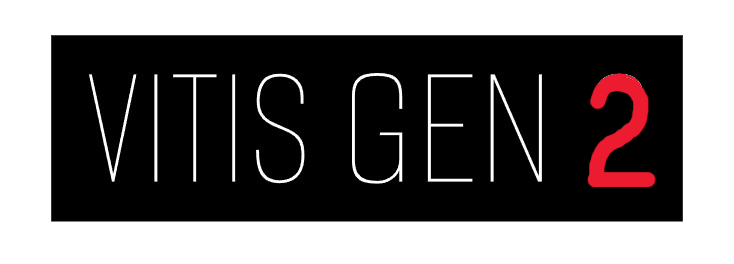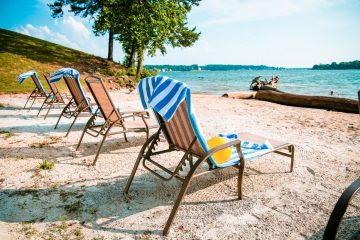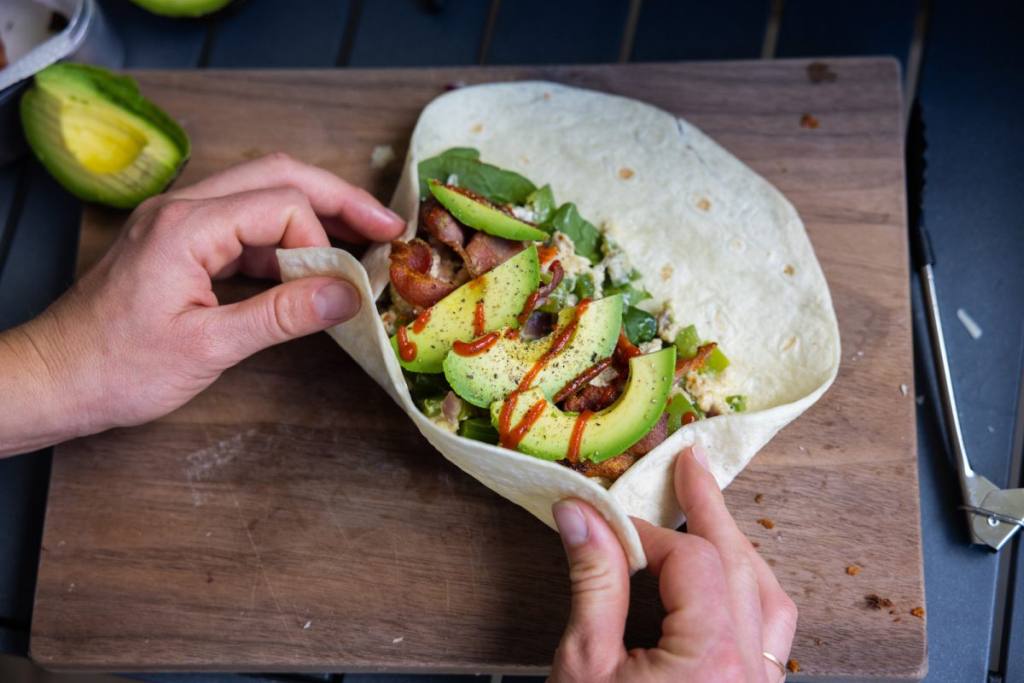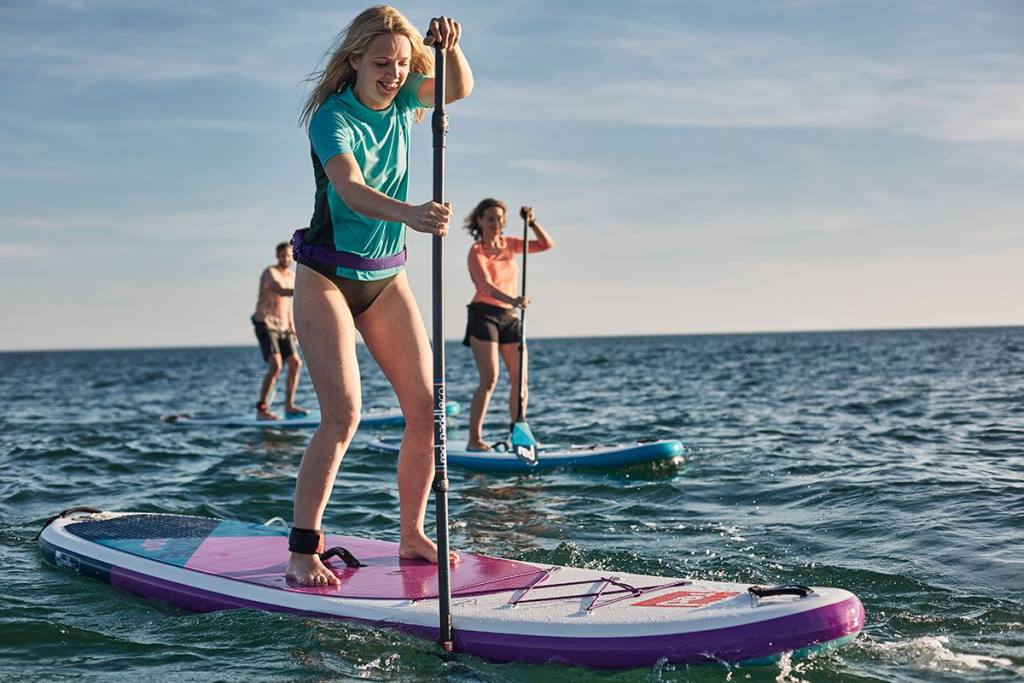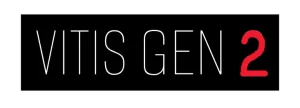The Ultimate Camping Checklist for Beginners
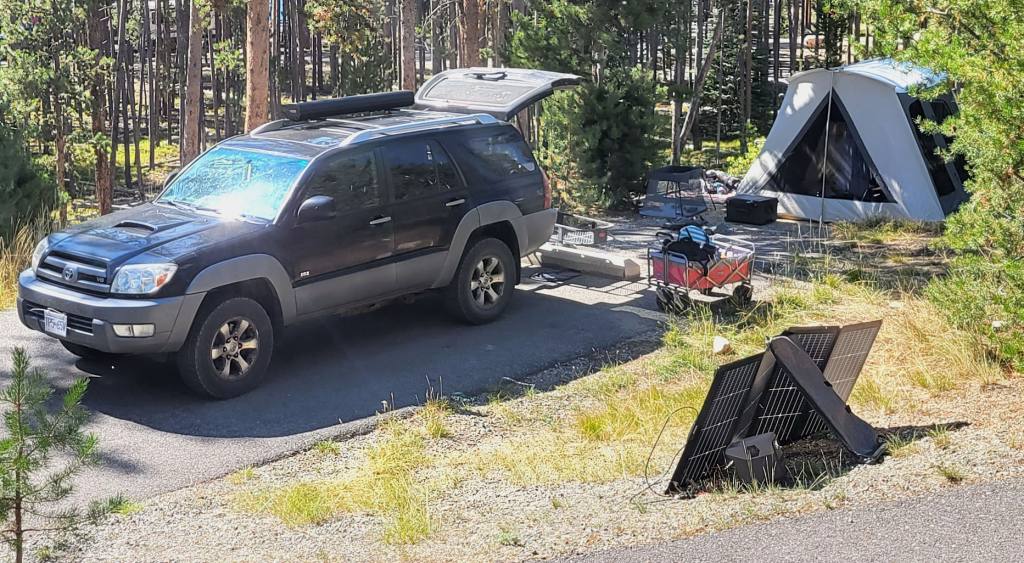
Embarking on your first camping trip is an exciting adventure, but it can also be a bit overwhelming. With so many details to consider, from selecting the right gear to planning meals, it’s easy to feel unsure about what you actually need. A well-prepared checklist can make all the difference, ensuring you have everything necessary for a safe and enjoyable experience in the great outdoors. This guide will walk you through the essentials for your first camping trip, helping you feel confident and ready to embrace the wilderness.
Essential Gear for Shelter and Comfort
Creating a comfortable and secure sleeping environment is the foundation of any successful camping trip. The first items on your checklist should be a tent, sleeping bag, and sleeping pad. When choosing a tent, consider the size, weather resistance, and ease of setup. For beginners, a three-season tent is a great choice as it’s versatile enough to handle most weather conditions. Make sure to bring a footprint or tarp to place under your tent to protect it from moisture and sharp objects.
Your sleeping bag is equally important. Look for one that is rated for the temperatures you expect to encounter during your trip. Sleeping bags come in various shapes and insulation types, so choose one that matches your comfort preferences and the climate. Adding a sleeping pad or air mattress will not only make sleeping on the ground more comfortable but also provide insulation from the cold ground, which is crucial for a good night’s rest.
Don’t forget other essential items like a camp pillow, a headlamp or flashlight with extra batteries, and a multi-tool for various tasks. These items will enhance your comfort and make your camping experience more enjoyable.
Cooking and Food Preparation
Preparing and enjoying meals in the great outdoors is one of the highlights of camping, but it requires some planning. Start with a portable stove or campfire setup that suits your needs and the regulations of the campsite. A portable propane stove is a reliable option for beginners as it’s easy to use and works in various weather conditions. Make sure to bring enough fuel for your trip.
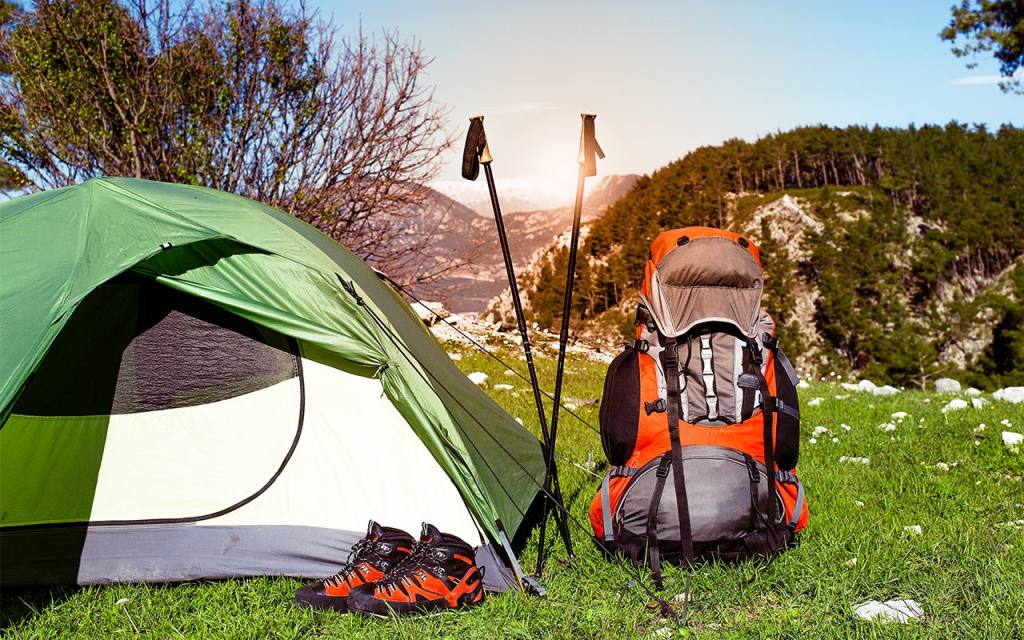
Next, consider your cookware. A lightweight pot and pan, a set of utensils, and a camping kettle are usually sufficient for most meals. Don’t forget to pack a can opener, a sharp knife, and a cutting board. For easy cleanup, bring biodegradable soap, a sponge, and a small towel. A collapsible sink or basin can also be handy for washing dishes.
When it comes to food, plan your meals in advance and pack non-perishable items like canned goods, pasta, rice, and trail mix. Fresh foods like fruits, vegetables, and meats should be packed in a cooler with plenty of ice or ice packs. Remember to bring plenty of water for drinking, cooking, and cleaning, or a water filtration system if you’ll be sourcing water from natural streams.
Clothing and Personal Items
Packing the right clothing is essential for staying comfortable and safe while camping. Layering is key, as temperatures can vary widely from day to night. Start with moisture-wicking base layers to keep sweat away from your skin. Add insulating layers like fleece or down jackets for warmth, and finish with a waterproof and windproof outer layer to protect against the elements.
Don’t forget to pack appropriate footwear. A sturdy pair of hiking boots or shoes with good traction is a must, especially if you’ll be exploring trails. Bring extra socks and a pair of camp shoes or sandals for relaxing around the campsite.
Other important personal items include sunscreen, insect repellent, a first-aid kit, and toiletries like biodegradable soap, toothpaste, and a toothbrush. It’s also a good idea to pack a small towel, a hat, sunglasses, and any medications you may need.
Planning for Safety and Navigation
Safety should always be a priority when camping, especially for beginners. Start by familiarizing yourself with the area where you’ll be camping. Bring a map and compass or GPS device to help navigate, especially if you plan to hike or explore beyond the campsite. Make sure to share your trip itinerary with someone who isn’t going with you, including details about where you’ll be and when you expect to return.
A well-stocked first-aid kit is essential for treating minor injuries and addressing common camping issues like blisters, insect bites, and cuts. Your kit should include bandages, antiseptic wipes, pain relievers, tweezers, and any personal medications. Learning basic first-aid skills before your trip is also a wise precaution.
Fire safety is another important aspect of camping. If you plan to have a campfire, make sure to follow all local regulations and keep a bucket of water or sand nearby to extinguish the fire completely before leaving the area or going to sleep. A portable fire extinguisher is also a good item to include in your checklist.
Conclusion
A successful camping trip starts with thorough preparation. By following this ultimate camping checklist, you can ensure that you have all the essential gear, food, clothing, and safety items for a comfortable and enjoyable experience. Whether you’re spending a night under the stars or embarking on a multi-day adventure, being well-prepared will help you make the most of your time in nature. For more detailed advice and camping tips, visiting a trusted outdoor website can provide additional resources to guide you on your journey into the wild.
